Advertisement
The online world rarely sleeps, and some of the latest headlines are as strange as they are serious. One court has decided that emojis might actually count as financial advice. Activision, a major player in the gaming industry, has been hacked yet again, raising questions about digital security. And as ChatGPT AI continues to evolve, many people are quietly (or loudly) asking the same thing: Is this thing coming for my job? These three stories feel disconnected, but together they say something deeper about how we communicate, how we protect data, and how we work.
It sounds ridiculous on the surface, but that’s exactly what a Canadian judge recently ruled. In a lawsuit between a grain buyer and seller, the court decided that a simple 👍 emoji in response to a contract message constituted a legally binding agreement. This isn't just about grain deals. It's about how digital symbols are beginning to carry weight in legal and financial settings.
Think about how many decisions today are made over quick messages or reactions. A thumbs up, a heart, or a fire emoji can often be shorthand for "yes, I'm in." But what happens when those simple responses cross into high-stakes territory, like finance or business deals? Courts are starting to treat emoji reactions like words. That means the emoji you send in a work chat might not just be playful anymore—it might count as your actual agreement.
The implications go beyond text messages. If emojis can count as a yes in contracts, they could eventually play a role in areas like stock tips, investment signals, or even digital endorsements. In a world where social media increasingly shapes finance, this shifts the ground under our feet.
The Activision hack that recently came to light wasn't just another data leak—it exposed a deeper issue with corporate cybersecurity. Hackers reportedly got their hands on sensitive game development files and internal communications. That kind of breach doesn't just affect game titles or development timelines; it can erode trust across the board, for users, investors, and partners.

This isn't Activision’s first brush with cyber trouble, either. Previous incidents included phishing attacks and account breaches. But this latest Activision hack brought a troubling twist: it appears the intrusion went unnoticed for a while. That delay in detection suggests gaps in monitoring, and it raises concerns over how well even large tech firms are protecting their digital assets.
Gamers may feel the impact in delays, but the bigger issue is reputational. In tech and gaming, user trust is gold. A string of breaches, especially if not handled transparently, chips away at that. And when you remember that Activision is part of the Microsoft acquisition deal, the breach gains another layer of importance. Data security isn’t just a technical issue—it’s now squarely in the spotlight of business negotiations and shareholder value.
If you’ve typed something into a chatbot recently and been shocked by the results, you're not alone. Tools powered by ChatGPT AI can now write, summarize, code, and even hold basic conversations with eerie accuracy. That’s triggering unease across industries, especially among writers, coders, designers, and customer support teams.
The fear that ChatGPT AI will replace human workers isn’t baseless. Companies are already using it to streamline tasks. Some businesses are letting AI write emails, generate reports, or create marketing copy. This doesn't always mean mass layoffs, but it does point toward a shift in what kinds of jobs are secure, and which ones may need to adapt fast.
What sets this wave apart from past tech shifts is how fast it's happening. The Industrial Revolution took decades to fully unfold. This shift feels like it's moving month-to-month. Unlike machines that replaced factory labor, ChatGPT AI is going after the kind of tasks once thought to require a human brain. It's not perfect, but it doesn't need to be. If it's "good enough" and faster, businesses are already showing they're willing to make the trade.
But here’s the catch: ChatGPT doesn’t have judgment, emotional intelligence, or ethics. It works with patterns, not understanding. So while it may handle basic writing or routine customer queries, it struggles with anything that needs subtlety, context, or moral reasoning. That’s where humans still have the edge—for now.
At first glance, emojis as financial signals, a video game company breach, and ChatGPT’s effect on employment seem unrelated. But they're all different sides of the same reality: digital behavior is no longer lightweight. It's trackable, influential, and sometimes dangerous.
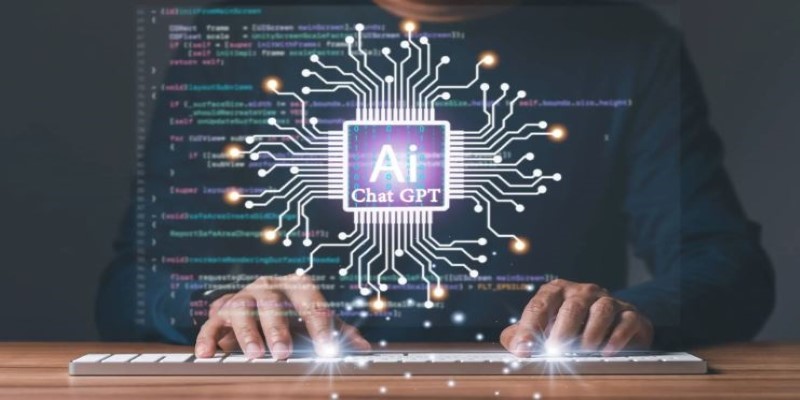
The Activision hack shows how vulnerable companies can be to even low-key cyber threats. Meanwhile, a thumbs-up emoji might tie someone to a business contract. And the rise of ChatGPT AI reminds us that language, tasks, and decision-making—once safely human—are being handed to machines. These aren’t tech stories anymore. They’re human ones. They affect how we talk, what we trust, and how we define the value of human labor.
We’re entering a time when symbols can be legal, security can fail quietly, and smart tools can reshape job markets. That calls for clearer communication, stronger digital defenses, and a more realistic view of where AI fits—and where it doesn’t.
Technology keeps raising the stakes. A thumbs-up emoji isn’t just friendly anymore. The Activision hack isn’t just about games—it’s about the cost of weak digital walls. And ChatGPT AI isn’t just a helpful tool—it’s a sign that the nature of work is shifting. These stories, while different, share one theme: the digital world is starting to shape real consequences. Whether you're sending a message, protecting data, or planning your career, this new reality means we all have to think a little harder about what we’re saying, storing, and doing. The lines between simple tech and serious impact are blurring fast.
Advertisement
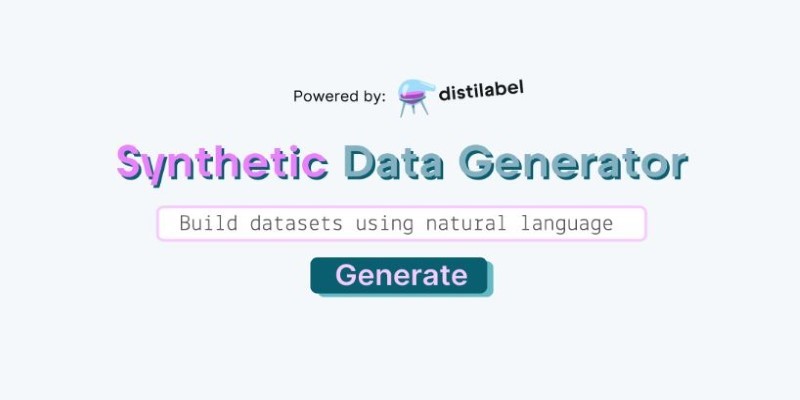
How a synthetic data generator can help you build training datasets using natural language. Speed up your AI development without writing code or using sensitive real-world data

What is the AI alignment control problem, and why does it matter? Learn how AI safety, machine learning ethics, and the future of superintelligent systems all depend on solving this growing issue

What DAX in Power BI is, why it matters, and how to use it effectively. Discover its benefits and the steps to apply Power BI DAX functions for better data analysis

Why teachers should embrace AI in the classroom. From saving time to personalized learning, discover how AI in education helps teachers and students succeed

Discover 8 legitimate ways to make money using ChatGPT, from freelance writing to email marketing campaigns. Learn how to leverage AI to boost your income with these practical side gigs

A top Korean telecom investment in Anthropic AI marks a major move toward ethical, global, and innovative AI development
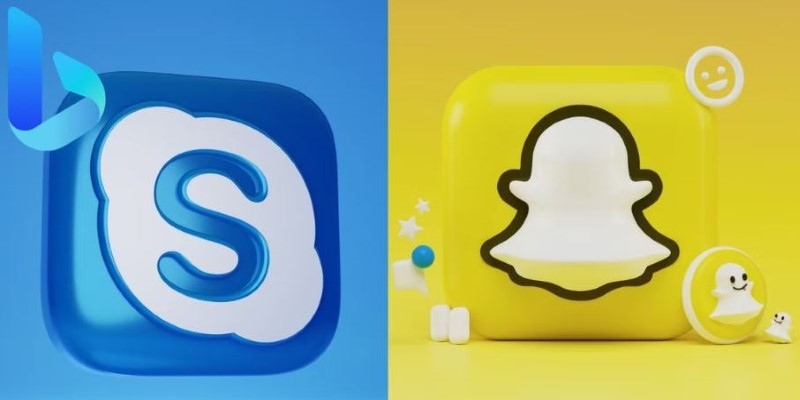
Curious about how Snapchat My AI vs. Bing Chat AI on Skype compares? This detailed breakdown shows 8 differences, from tone and features to privacy and real-time results
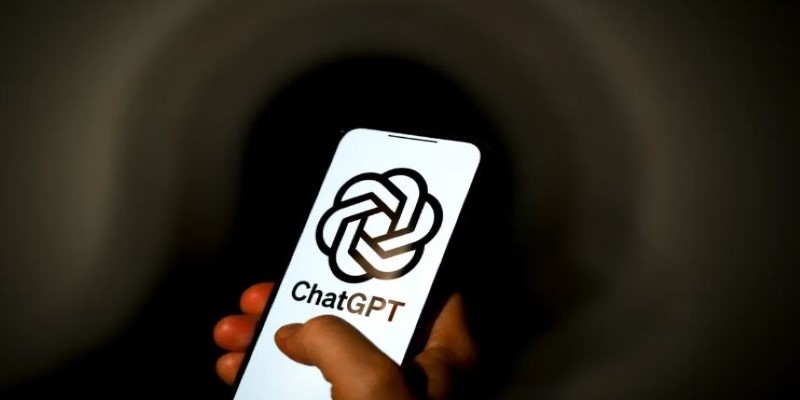
From the legal power of emojis to the growing threat of cyberattacks like the Activision hack, and the job impact of ChatGPT AI, this article breaks down how digital change is reshaping real-world consequences
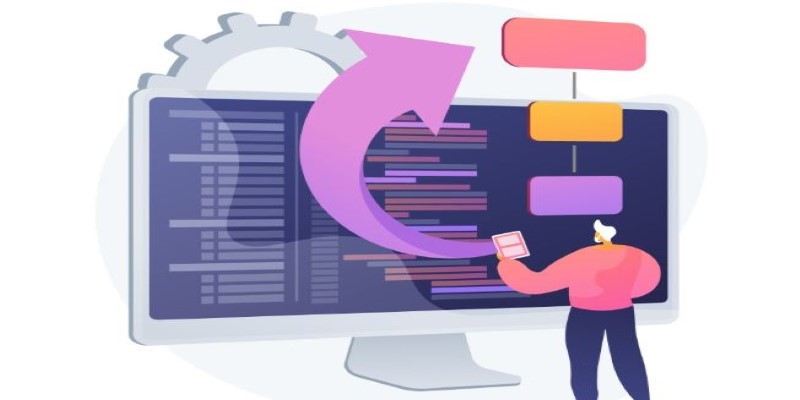
Discover practical methods to sort a string in Python. Learn how to apply built-in tools, custom logic, and advanced sorting techniques for effective string manipulation in Python
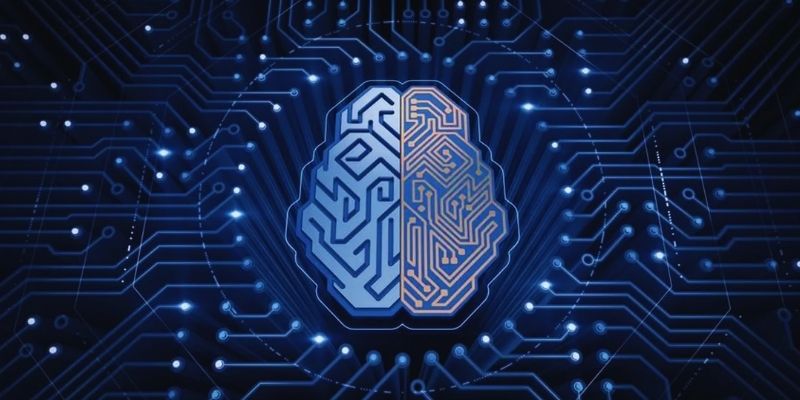
Selecting the appropriate use case will help unlock AI potential. With smart generative AI tools, you can save money and time
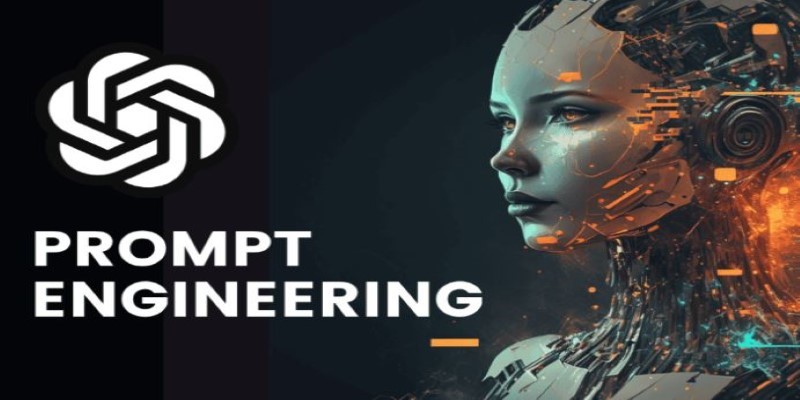
AI prompt engineering is becoming one of the most talked-about roles in tech. This guide explains what it is, what prompt engineers do, and whether it offers a stable AI career in today’s growing job market

Can ChatGPT be used by cybercriminals to hack your bank or PC? This article explores the real risks of AI misuse, phishing, and social engineering using ChatGPT